Back in 1996, Eileen and I were driving from Raleigh, North Carolina – where I had preached for the evening service – to the mountains of East Tennessee for an extended family gathering. It was Christmas Eve, and late at night. The farther we traveled through the foothills of the Appalachians, the more we pondered – and in fact began to discuss – how perfect it would be if just a little snow would fall to complete the holiday scene. Like everybody else, I suppose, we were dreaming of a white Christmas.
So up the last mountain we drove, toward our rented chalet, until we were about two miles from our destination. Almost as if on cue, huge snowflakes began to land on the car windshield. We became a combination of shocked and delighted – that late-night, silly, giggly mood had overtaken us by that point – and within half a mile (I’m not making this up) the ground was completely white.
It was a White Christmas.
Not.
What we didn’t realize was that – timed perfectly – we were driving downwind from a small ski resort. In the coldest part of the evening, the faithful snowmaking machines were busy doing their part to fortify the main slope and a few side trails with enough snow-like substance for the next day’s skiers. From our very finite perspective, the landscape around our car was snowy white. Around the next major bend in the mountain road, there was no snow to be found.

That doesn’t even qualify as a real disappointment. It’s more like a fun Christmas moment to remember. But Christmas sometimes does bring real disappointments. Even the first Christmas included its share of difficulty.
It must have been hard for Mary to give birth to her firstborn child so far away from home and family. Nothing was familiar and the likely surroundings were dirty animals – as Jesus was laid in a feeding trough! Surely Joseph and Mary struggled with at least some disappointment. One crisis after another seemed to plague them. What was God possibly doing?
Yet through the pain of their unanswered questions, God fulfilled His promise to give the world a Savior. A series of apparent disappointments turned out to be God’s divine appointment. An unknown peasant woman would deliver the Messiah in an unknown corner of the world. A helpless baby who would grow up to bring kings and rulers and presidents to their knees. The Christmas events as recorded in Holy Scripture confound human wisdom. Kind of like our friends who used to have four theories about raising children. Now they have four children and no theories.
May your heart be stirred by The Valley of Vision.
O source of all good,
What shall I render to you for the gift of gifts,
your own dear Son?
Herein is wonder of wonders:
he came below to raise me above,
was born like me that I might become like him.
Herein is love;
when I cannot rise to him he draws near on wings of grace,
to raise me to himself.
Herein is power;
when Deity and humanity were infinitely apart,
he united them in indissoluble unity,
the uncreated and the created.
Herein is wisdom;
when I was undone, with no will to return to him,
and no intellect to devise recovery,
he came, God-incarnate, to save me to the uttermost,
as man to die my death,
to shed satisfying blood on my behalf,
to work out a perfect righteousness for me!
O God, take me in spirit to the watchful shepherds,
and enlarge my mind!
Let me hear good tidings of great joy,
and hearing, believe, rejoice, praise, adore,
my conscience bathed in an ocean of repose,
my eyes uplifted to a reconciled Father!
Place me with ox, donkey, camel, goat,
to look with them upon my Redeemer’s face,
and in him account myself delivered from sin!
Let me with Simeon clasp the newborn child to my heart,
embrace him with undying faith,
exulting that he is mine and I am his!
In him you have given me so much that heaven can give no more.
Temporary disappointment for Mary and Joseph? Perhaps. But aren’t you glad it happened just the way it did?
By the way, back to Christmas 1996, those few moments were white enough.

 Happy New Year from Boston! I trust that you’ve enjoyed friends and family over the Christmas season. I certainly delighted in all of FBC’s holiday events and observances. 2013 is a year that I always will remember with great fondness, as the Lord blessed us in so many ways by bringing us together as a church family.
Happy New Year from Boston! I trust that you’ve enjoyed friends and family over the Christmas season. I certainly delighted in all of FBC’s holiday events and observances. 2013 is a year that I always will remember with great fondness, as the Lord blessed us in so many ways by bringing us together as a church family.
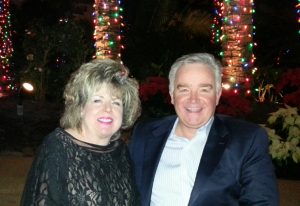


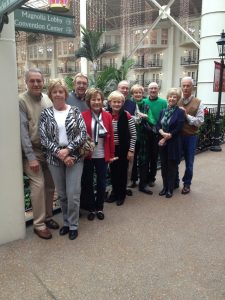
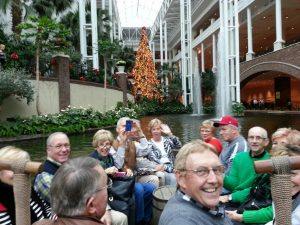
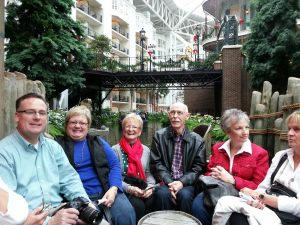
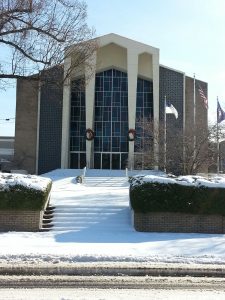





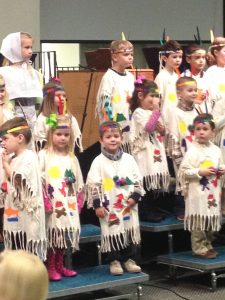


Recent Comments